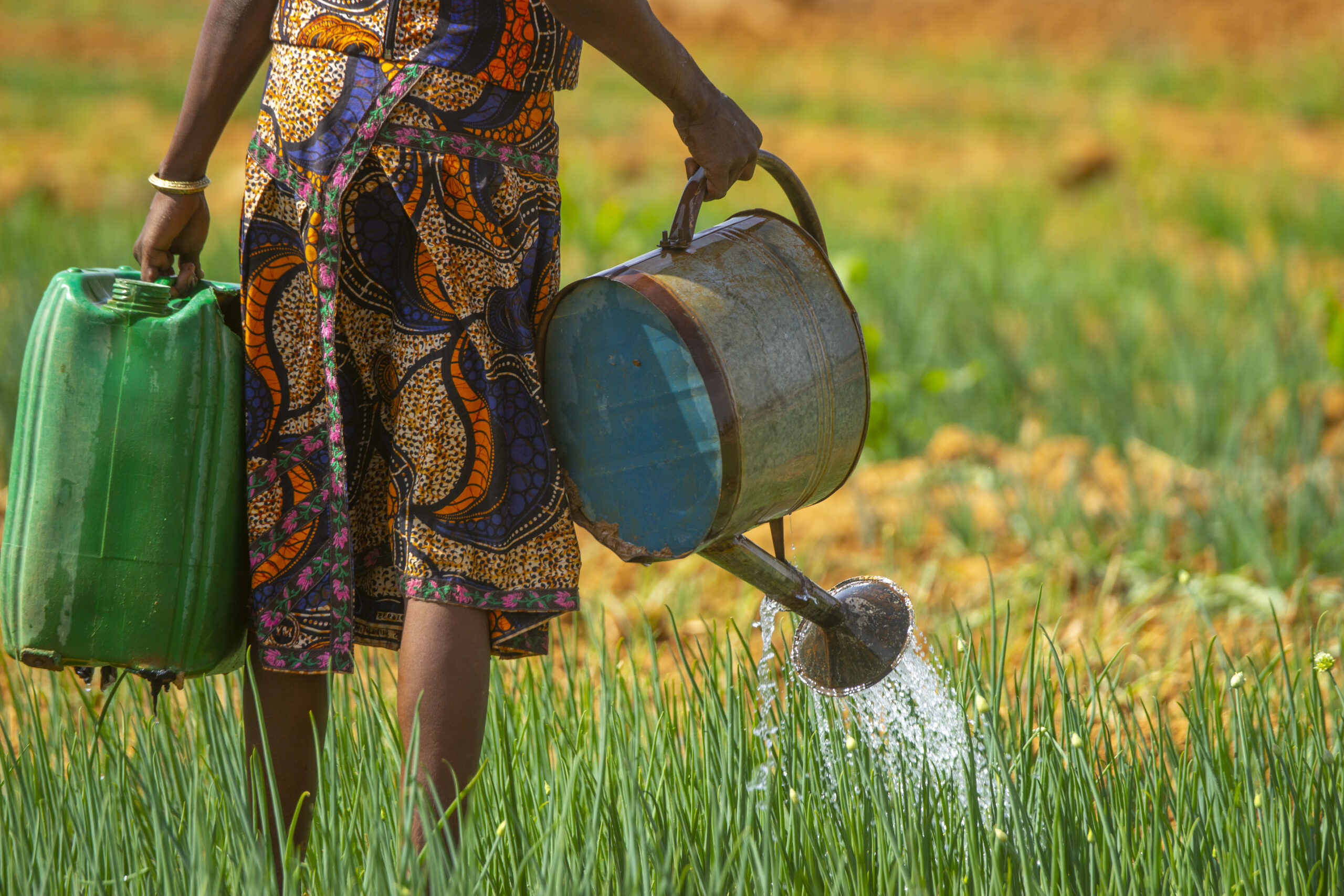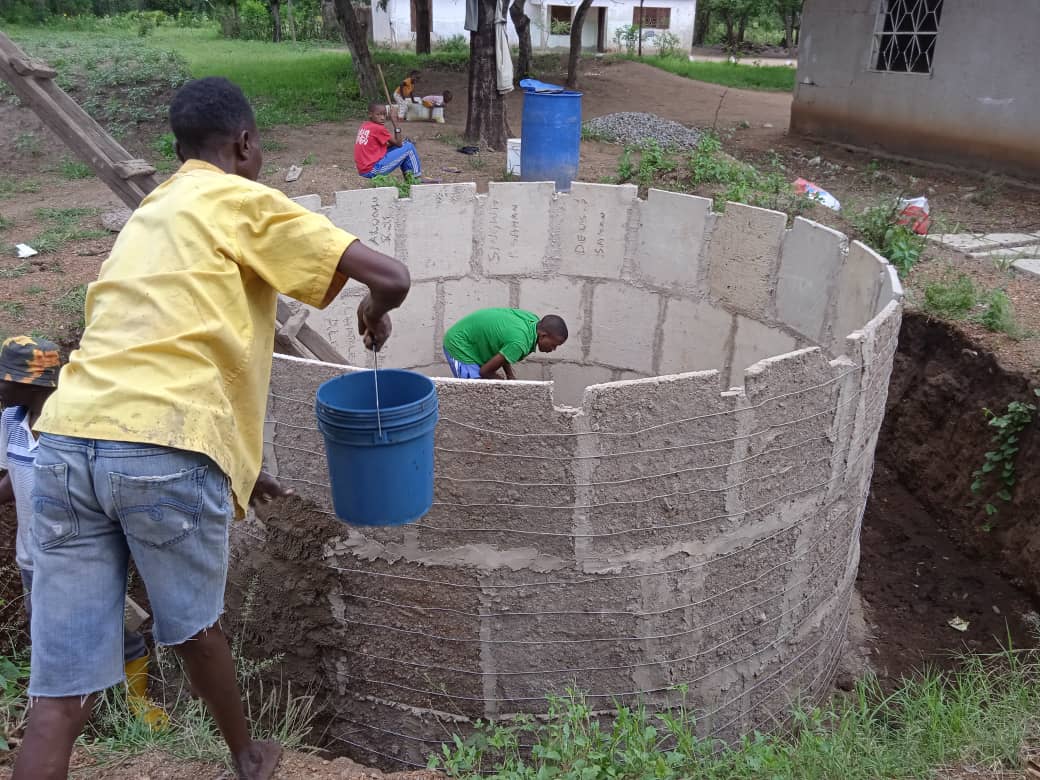
March 22 marks the World Water Day, a United Nations date created in 1993 to draw attention to the importance of freshwater and to advocate for the sustainable management of its resources. This year, the theme is about accelerating changes to solve the water and sanitation crisis. Today, one in four people – 2 billion people worldwide – do not have safe drinking water, according to the World Health Organization (WHO) and UNICEF.
Promoting proper water management in food systems is fundamental to ensure food and nutrition security and environmental sustainability, since water is an essential resource for all stages of the food chain. It is necessary to guarantee access to drinking water for human consumption, to increase the efficiency of irrigation use for food production and to value local and seasonal foods, which have less impact on water consumption in their production systems.
Most of the world’s food insecure people live in arid environments where water availability is restricted or in areas where water is abundant, but quality and access is often compromised. The environmental and climate crises exacerbate food and water insecurity. According to the World Food Programme (WFP), 75% of all recent disasters have been water-related, causing economic damage of nearly US$700 billion over the past 20 years.
Centre of Excellence, water security and fight against hunger
 Without water there is no food security and therefore it is not possible to separate the fight for access to water from the fight against hunger and inequality. To help countries ensure access to water resources and, consequently, nutritional and food security, the Brazilian Agency for Cooperation (ABC, in Portuguese) of the Ministry of Foreign Affairs together with the World Food Programme (WFP) Centre of Excellence against Hunger Brazil, through the Beyond Cotton project, have carried out actions in Benin, Mozambique and Tanzania aimed at supporting agricultural production and food and nutritional security of family farmers and schoolchildren.
Without water there is no food security and therefore it is not possible to separate the fight for access to water from the fight against hunger and inequality. To help countries ensure access to water resources and, consequently, nutritional and food security, the Brazilian Agency for Cooperation (ABC, in Portuguese) of the Ministry of Foreign Affairs together with the World Food Programme (WFP) Centre of Excellence against Hunger Brazil, through the Beyond Cotton project, have carried out actions in Benin, Mozambique and Tanzania aimed at supporting agricultural production and food and nutritional security of family farmers and schoolchildren.
In Tanzania, the Centre of Excellence in partnership with the Federal University of Campina Grande (UFCG, in Portuguese), ABC and the WFP office in the country have implemented plate cisterns with a capacity of 16,000 litres designed to capture and store rainwater for human consumption, sanitation and maintenance of steps in the food systems of the local population. The Beyond Cotton actions have benefited family farmers in terms of food production, storage, and management of water resources in districts of Tanzania.
“Sustainable Development Goal (SDG) 6 of the UN Agenda 2030 aims to ensure access to safe drinking water and basic sanitation for all by 2030. In addition to access to quality water for consumption, this goal is crucial to ensure the development and maintenance of food systems,” says agricultural engineer and technical assistant at the Centre of Excellence, Thaynara Dias.




